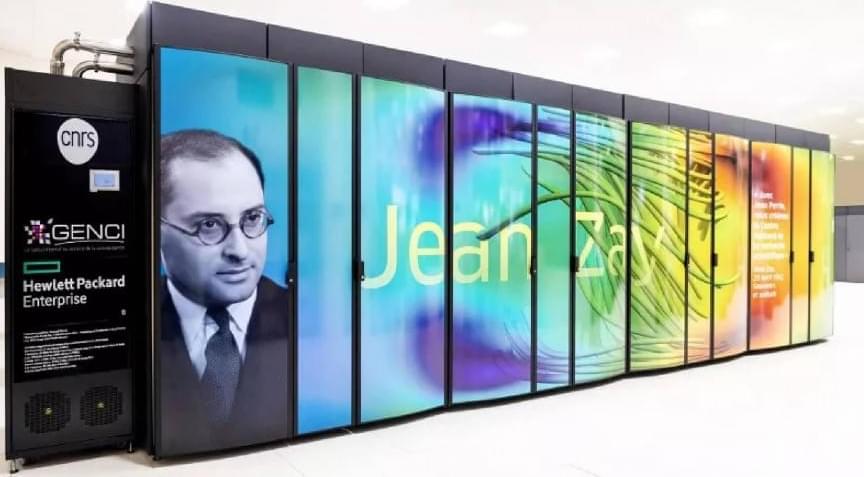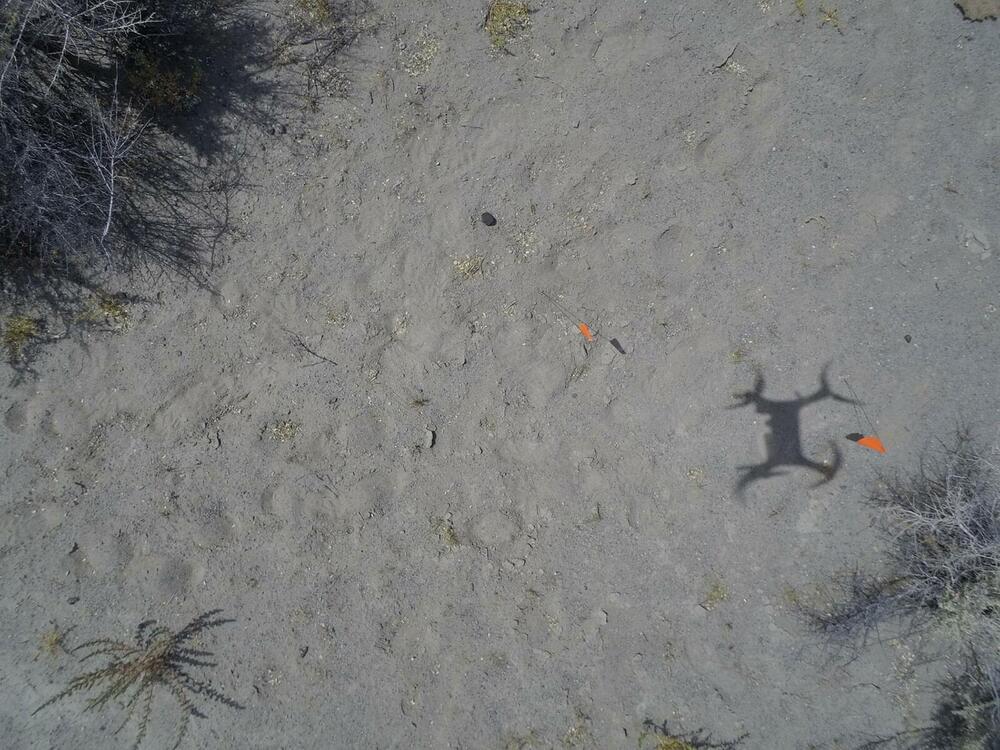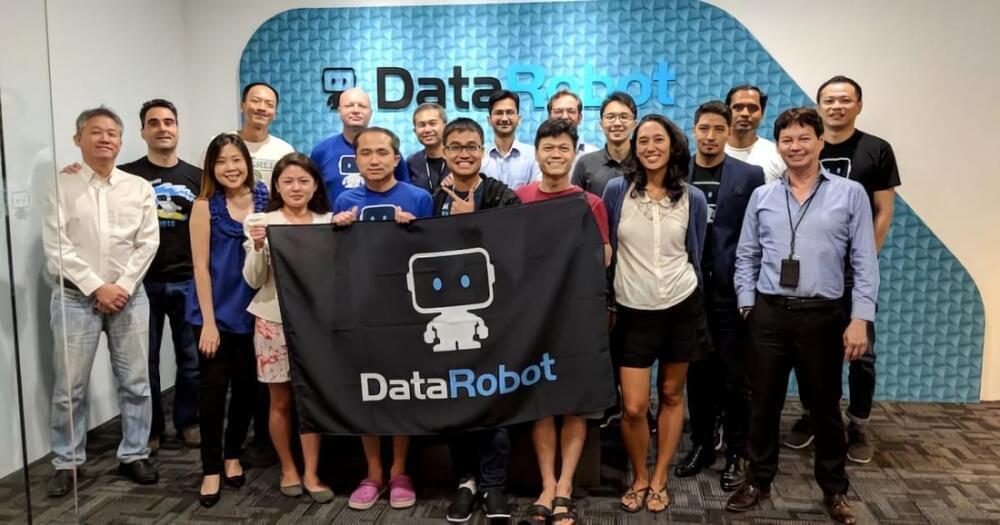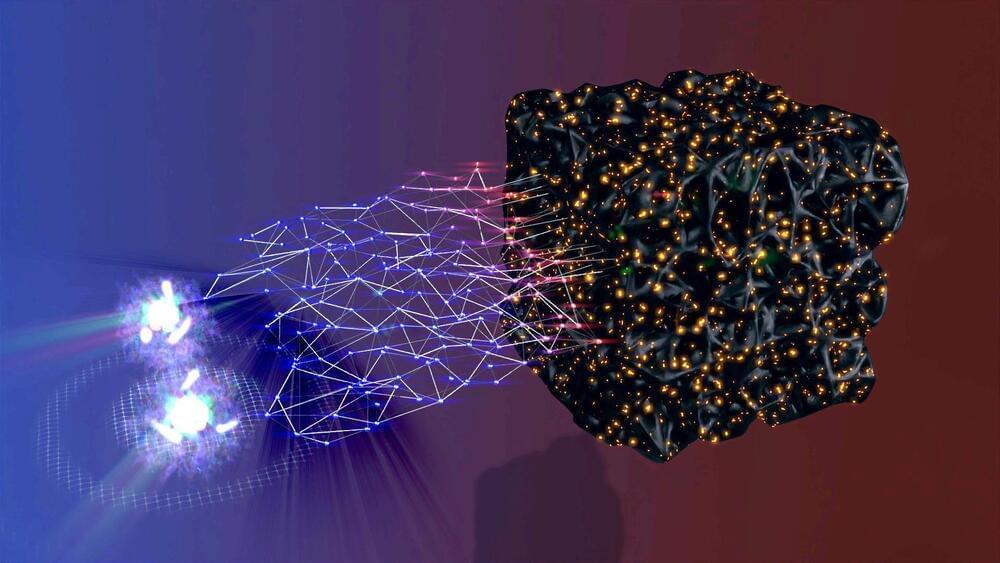France’s Jean Zay supercomputer, one of the most powerful computers in the world and part of the Top500, is now the first HPC to have a photonic coprocessor meaning it transmits and processes information using light. The development represents a first for the industry.
The breakthrough was made during a pilot program that saw LightOn collaborate with GENCI and IDRIS. Igor Carron, LightOn’s CEO and co-founder said in a press release: “This pilot program integrating a new computing technology within one of the world’s Supercomputers would not have been possible without the particular commitment of visionary agencies such as GENCI and IDRIS/CNRS. Together with the emergence of Quantum Computing, this world premiere strengthens our view that the next step after exascale supercomputing will be about hybrid computing.”
The technology will now be offered to select users of the Jean Zay research community over the next few months who will use the device to undertake research on machine learning foundations, differential privacy, satellite imaging analysis, and natural language processing (NLP) tasks. LightOn’s technology has already been successfully used by a community of researchers since 2018.







